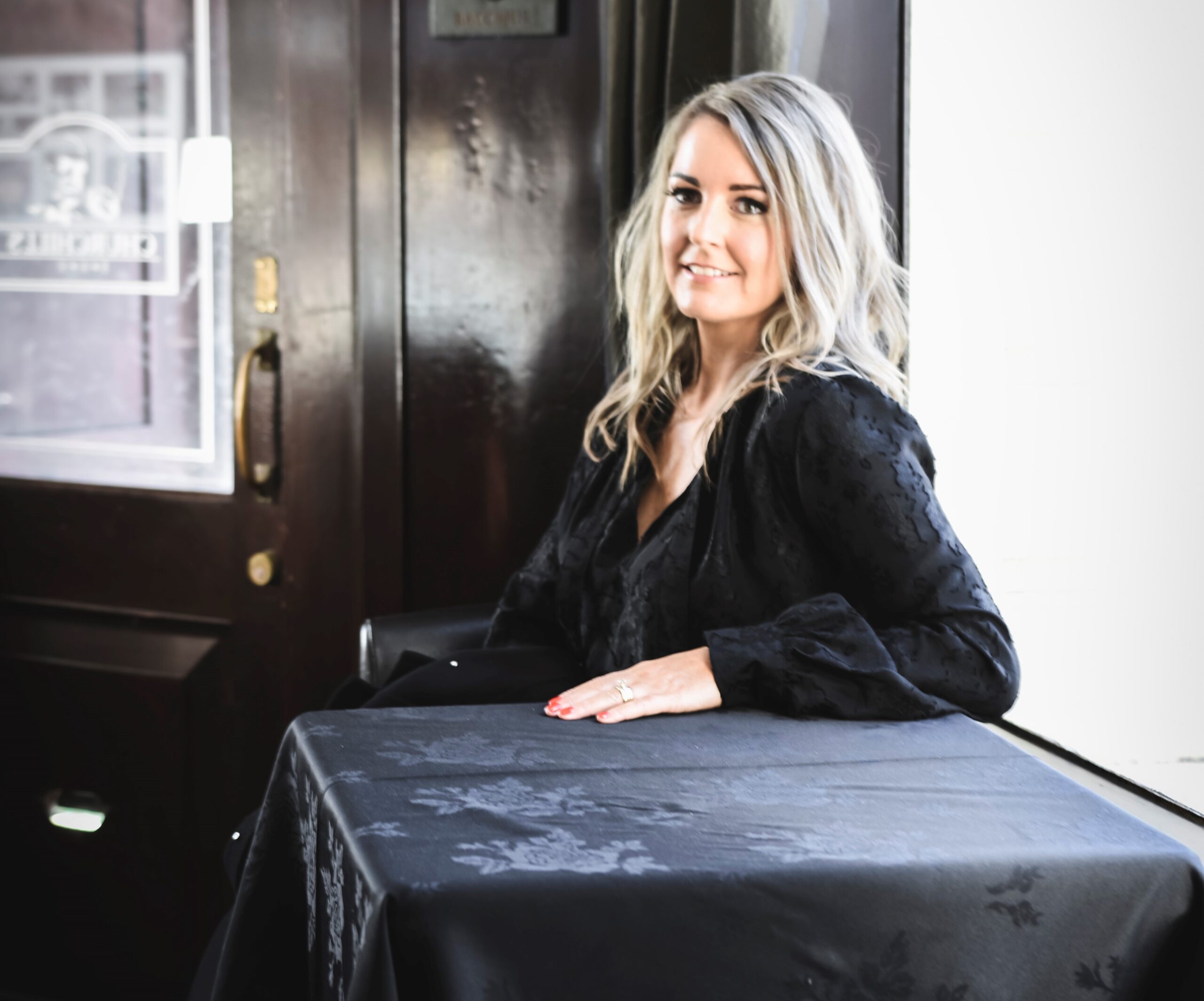International demand for New Zealand wellness products driven by Covid-19 is helping one Kiwi company break into new export markets and increase annual sales by over 150 percent.
Hawke’s Bay based Adashiko are now exporting their range of beauty and wellness collagen products to consumers and retailers in more than 30 countries globally including; Iceland, Brazil, Germany and France.
Luci Firth (pictured), Adashiko CEO says they have seen a significant surge in demand since the pandemic as consumers look to natural product lines for wellbeing benefits.
Firth says the Australian, US and European markets are now among their fastest-growing. “What we are seeing is substantial growth in the wellness market but also a trend where consumers are becoming more discerning and actually asking questions about the source of the products they consume.
“New Zealand’s international brand equity has been considerably fortified over this time through our visible efforts in controlling Covid-19 and this has had a halo effect on brands such as ours,” she says.
Firth says sales have lifted over 50 percent since they were able to reopen after the first lockdown with exports now representing 30 percent of their multi-million dollar turnover, up from 20 percent last year. She says the word is being spread through influencers such as Rachel Hunter who advocate for the brand at a local and international level.
Firth says their break into the US retail market came recently after they were sought out by a Californian doctor. “We have one US clinic run by a doctor that actually prescribes our products to her patients, she approached us having researched our collagen range and now sells more of our products per store than any other of our outlets,” she says.
Firth says while the pandemic has been a significant boost for their direct to consumer sales, they have had to temporarily suspend their trans-Tasman expansion as travel restrictions and retail closures prevent them from opening more doors in the Australia market.
She says the recent completion of a two-year planned move into sustainable packaging has coincided with an increased consumer focus. “It took us some time to trial a range of environmentally friendly packaging that met both our sustainability standards and was shelf-stable.
“We have moved our Cleanse skincare line to a new product casing which is made from corn starch and bamboo, it is 100 percent compostable but acts like a healthy plastic.
“We also have a Kabuki brush made from bamboo which uses plant polymer fibres for bristles which is also compostable and biodegradable. At the same time, all of our plastic which was used for skincare has been swapped out for recyclable glass.
“We have found that sustainable packaging was really a determining factor for a large part of the market – they want the product to be not just good for them but also for the environment,” says Firth.




